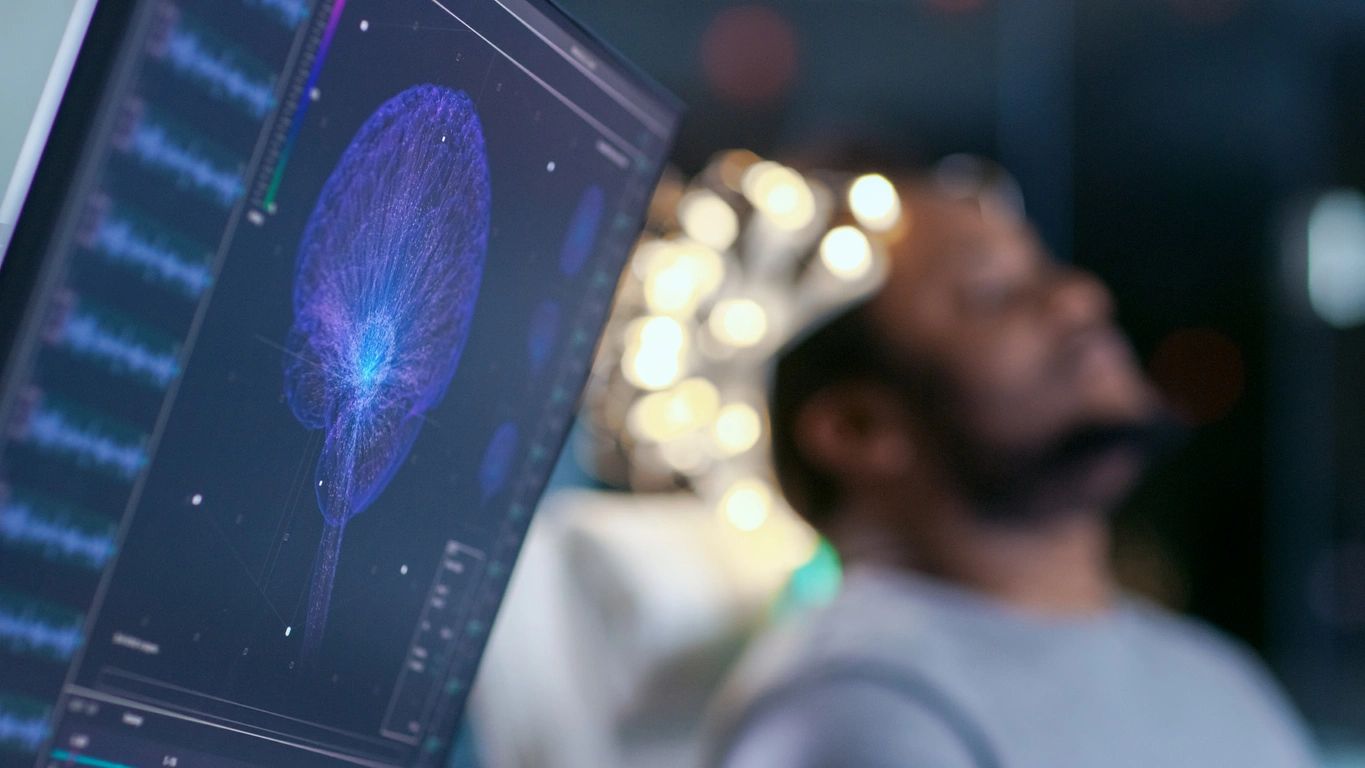Are you struggling with the symptoms of Negative Moods?
If you have been struggling with Negative Moods, you’re not alone. More than 19 million adults suffer from negative moods. If you are feeling overwhelmed, worn down, fatigued, sad, isolated, foggy-brained, or disconnected, these are classic signs and symptoms that accompany depression.
Research at Keck Imaging Labs at the University of Wisconsin shows that negative mood people experience a reduction of activity in the left side of the brain. This is the side responsible for engaging in positive moods. When the brainwaves are abnormal, your mood can become abnormal.

Medication Is Not a Long-Term Solution
Medications can have their place in the short term, but they do not address the underlying brainwave abnormality.

Negative Moods are Not Simple
This disorder is more than just the “blues,” or being “down in the dumps”. We all experience feelings of sadness from time to time, and this is normal and healthy. The problem arises when the sadness doesn’t stop, it doesn’t lift, and it is not just temporary.
This is when the problems can set in impacting every area of your life from eating and sleeping to your work, relationships, and your sense of self.
The Factors Involved
Negative Moods can develop from a complex combination of factors. These include genetics, brain chemistry, lifestyle, environment, personality, and the role that stress plays in exacerbating these elements, impacting critical areas of the brain. When the left, prefrontal cortex is impacted, which operates to get us engaging in positive moods and effective social interactions, your mood can change.
When the left side of the brain wave activity slows down, we naturally pull away from others and lose interest in things. We want to withdraw to our bed and just lay there.
Our moods become very negative. Energy is low. We either can’t sleep at all, or we sleep too much. It is the way our biology protects itself when the stress and strain of life become overwhelming. A short, mild negative mood is not necessarily a bad thing or abnormal for most people. But when it goes on for more than two weeks and begins to undermine our daily living, then it is a serious problem


How Can BrainCore Help with Negative Moods
Neurofeedback is a drug-free, non-invasive natural approach to Negative Moods. In dealing with depression, many neurofeedback therapists place an electrode on the scalp over each side of the brain and train the individual to increase alpha brain waves on the right side while reducing it on the left.
As the left side of the brain becomes more active, individuals begin to feel more positive in their moods. The abnormal brainwave activity diminishes over a period of training sessions improving brainwave patterns. When the function is improved, the mood is improved, and outcomes are optimized.
